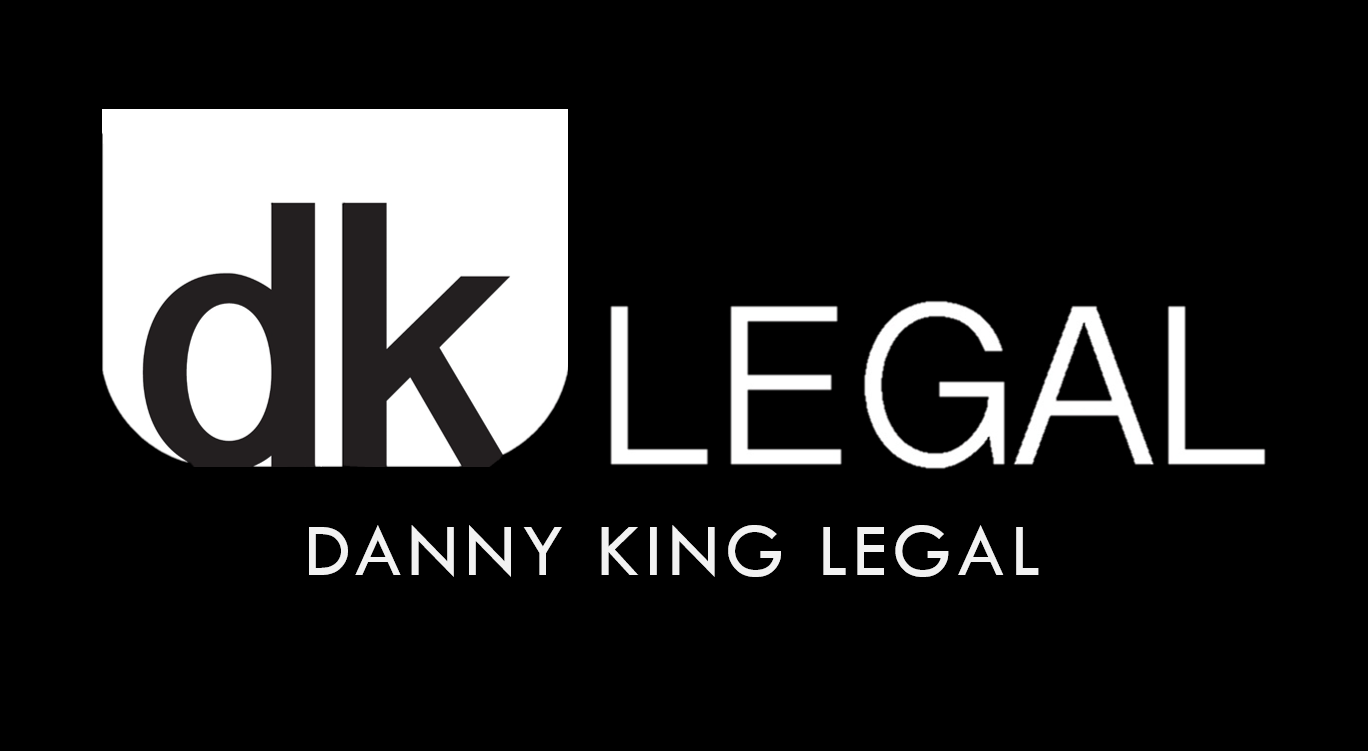What you need to know about new pay rates
The following should not be considered legal advice and is for general use only.
Each year, the Fair Work Commission (FWC) conducts its annual wage review from March to June, informing the National Minimum Wage Order and the corresponding increases to the pay rates in modern awards.
There has been a lot of speculation about this issue – in the face of the rising cost of living pressures and increasing inflation, many commentators predicted that a record-breaking rise could be on the cards.
On 15 June 2022, the FWC published the annual wage review 2021-22. It has resulted in the following changes to wages, starting from 1 July 2022:
- 5.2% increase to the National Minimum Wage; and
- 4.6% or $40 a week (whichever is greater) increase to the award minimum wages.
This means the National Minimum Wage is now $21.38 per hour, or $812.60 per week (assuming 38 hours per week for full-time work).
The key reason provided by the FWC for its decision was the need to balance the sharp rises in the cost of living (including inflation) and the strong labour market against the impact that a large growth in wages might have on the economy.
Compliance checklist for employers
So far, we only have the headline decision which gives us the rules for the increases. Over the next few weeks, the various awards will be updated with new rates that apply the rules. Super keen employers can work out the increases ahead of time by calculating the increases to individual rates (be careful when doing so, as there is some complexity around the need to factor in both a percentage and set minimum weekly increase – departing from the usual standardised percentage increase that is applied universally). The FWC has provided some worked examples here.
As with 2021, some industries have been given an extended period before their rates increase – in this case until 1 October 2022.
As businesses need to review and update their employment governance practices for at least the minimum rates applicable, it is the perfect time to consider compliance for all other aspects of the relationship. Here is our compliance checklist to get you started:
- If you have modern award covered employees:
- Are you sure you have the correct award identified for all employees of your business?
- Have you got an alert set up to notify you of any changes that are made to the award or awards that apply to your business?
- Have you considered if your employees are classified under the correct pay level/grade? If your employees have taken on new duties, or become more proficient, that may push them to a new pay level and warrant an increase (also check for back payments if you are a bit late to recognise the promotion).
- Are your employees entitled to any allowances, and are they being paid correctly?
- Are you covered by any of the awards being given a three-month extension?
- Aircraft Cabin Crew Award 2020
- Airline Operations – Ground Staff Award 2020
- Air Pilots Award 2020
- Airport Employees Award 2020
- Airservices Australia Enterprise Award 2016
- Alpine Resorts Award 2020
- Hospitality Industry (General) Award 2020
- Marine Tourism and Charter Vessels Award 2020
- Registered and Licensed Clubs Award 2020
- Restaurant Industry Award 2020
- Have you prepared to update relevant pay rates in your payroll system by the end of the financial year (or extended deadline if you are covered by one of the above awards)?
- If you have an Individual Flexibility Arrangement or Annualised Wage Arrangement with any employees, have you reviewed your calculations to ensure you are still complying with the Better Off Overall test? Did you take notes of this exercise to show that you have completed this crucial step?
- If you have non-award covered employees:
- Have you confirmed that a modern award does not cover your employees? Has their role shifted in a way that might require you to reconsider if a modern award now applies?
- Are your employees being paid above the National Minimum Wage for each hour worked?
- This means that for every hour an employee actually works, they are paid more than $21.38 per hour. This includes working more than 38 hours – so if your employees are working 50 hours per week, their new minimum rate is $1,069.00 per week.
- For all employees
- Are your employment documents (contracts etc.) up to date, including increased rates of pay, award classifications, or promotions?
- Have you got notes on your reasons for establishing their status as award or non-award covered, and any classifications under the award? If not – do a quick analysis of these matters and save the snapshot now.
- Has everyone received training on the expected standards of conduct in the workplace, with specific reference to sexual harassment and bullying? Are you able to prove this by way of an attendance list, or confirmation of receipt of policy?
- Are you certain that everyone is logging their working hours accurately (and you would be able to tell, for instance, if someone is working 80 hour weeks)? This is important to do baseline minimum wage checks – as the minimum wage that must be paid for an 80 hour week with the new rate of pay is almost $89k p/a, with the new super rate bringing the inclusive minimum payment being over $98k – it really adds up!)
Given the rising rate of inflation and interest rates, DKL is seeing a trend amongst our client base that now is an excellent time to review employee wages more broadly – with the tight labour market, employers keen to address retention and motivate their workforce have found reviewing remuneration reduces issues with staff morale and retention, and thus minimises recruitment and training costs.
If, when reviewing pay rates, you uncover irregularities in your payroll, or you’d like to better understand the impacts of the wage increases on your employment governance, it’s worth speaking with your dedicated HR and/or specialist legal advisors. The FWC and Fair Work Ombudsman have made it clear they are focused on underpayments, so getting these basics right can help keep your business out of trouble!
If you have any questions regarding these changes or how to implement them, please contact us.
The above should not be considered legal advice and is for general use only.

